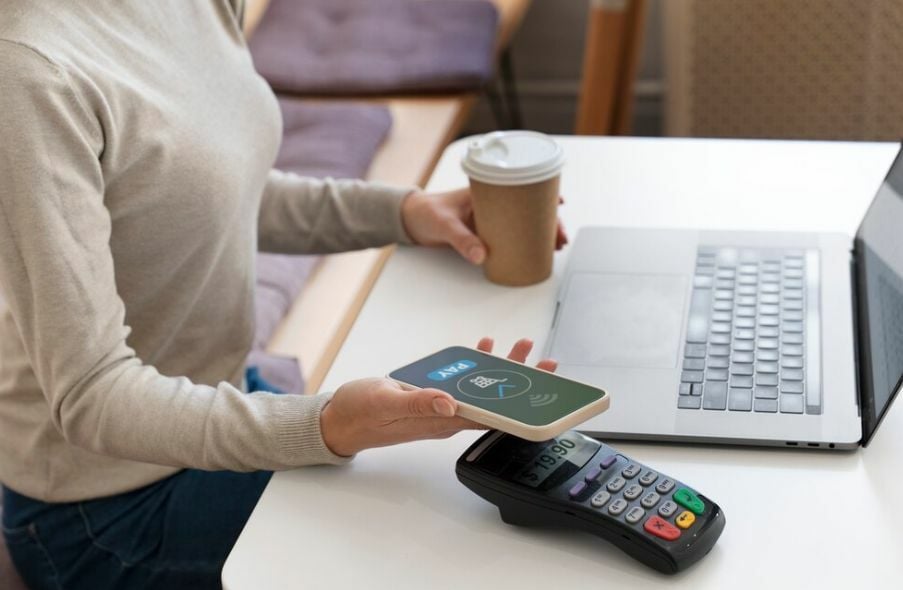Thai consumers highlight concerns over real-time payment scams

The rise in the use of new, convenient, and fast payment channels has been matched by growing concerns about real-time payment scams, as revealed by a global consumer fraud research study conducted by Fico, the US-based data analytics and credit scoring company.
The study reveals that Thai consumers are particularly worried about the risk of being deceived into sending money to criminals, which was cited by 45% of respondents. This form of fraud exposes individuals to immediate, irreversible losses that are rarely reimbursed.
Identity theft is another significant concern, with 25% of Thais identifying it as their top financial crime worry. This type of fraud not only results in a financial loss but also affects the credit scores of the victims, involving a complicated process to restore financial integrity. Lead for fraud, security, and financial crime with Fico in Asia-Pacific, CK Leo highlights the issue from the perspective of Thailand.
“The rapid adoption of real-time payment in Thailand has made the country a key target for scammers in the region.
“Amid Thais’ growing concerns about payment scams and as the adoption of real-time payments surges, we’re witnessing a transformative shift in financial behaviour. Yet, with rapid digitisation comes an urgent need for heightened vigilance against fraudsters lurking in the digital realm.”
The survey revealed that the rate of respondents who reported their stolen identity being used to open a financial account was significantly higher in Thailand compared to other countries surveyed.
Identity theft
Some 12% of Thais reported their identity had been stolen and used to open an account by fraudsters, compared to only 5% of Filipinos and 3% of Indonesians. Given Thailand’s adult population, this 12% translates to over 8.6 million individuals.
Despite the widespread concern about identity theft, there remains a gap between perception and reality among Thais. About 17% believe it is unlikely they’ve been a victim, while 31% see it as possible, and 14% are confident their identity remains untouched, said CK Leo.
“While some may downplay the risk of identity theft in Thailand, millions remain vulnerable… this underscores the need for heightened awareness and proactive measures.
“By breaking down silos and integrating identity verification and fraud detection processes, we can streamline applications and bolster trust in legitimate customers.”
When choosing a new provider for a financial account, respondents highlighted robust fraud protection and ease of use as their top priorities. Fraud protection was ranked as the most important quality by 36% of Thai consumers, with ease of use also being prioritised by 36%.
Other factors such as good customer service, strong anti-money laundering policies, sound environmental practices, ethical use of customer data, fair treatment, and good value for money were considered significantly less important, said CK Leo.
“Fraud protection is increasingly seen as a selling point rather than just a cost centre for banks… consumers are highly aware that most theft threats are now online, making robust fraud protection a critical factor in their decision-making process.”
The survey was conducted in November 2023 by an independent research company. It involved 1,002 Thai adults and approximately 12,000 other consumers from Canada, the US, Brazil, Colombia, Mexico, India, Malaysia, Indonesia, the Philippines, Singapore, the UK, and Spain, reported Bangkok Post.
Latest Thailand News
Follow The Thaiger on Google News:


























